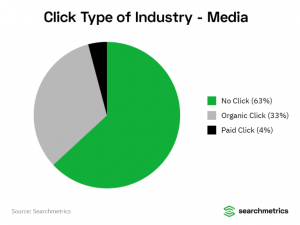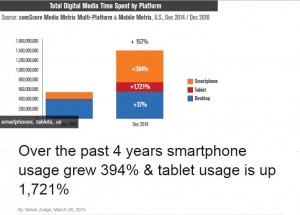Starting a business can be nerve-racking in any situation – but even more so if you’re already in debt. However, that certainly doesn’t mean that you shouldn’t do so. So what are the steps you should take before reaching a final decision?
What business debts do you have?
The first thing you should do is look carefully at the debt you have, as not all debt is equal. Some business debt represents an investment that will deliver long-term value or enable you to better your situation – for example, student loans, mortgages, equity release loans and car loans. Other debt can be very bad news indeed, with high interest rates and little long-term benefit, such as payday loans, credit card debt and cash advances.
This difference will prove very important to potential lenders. If you apply for a loan to start a business, chances are the lender will wish to view your personal credit history. The way you manage your personal finances will be taken as an indicator of how you will behave in business, and if your credit history shows a catalogue of emergency borrowing to deal with cash flow crises this will be taken as a warning sign.
How are you dealing with your business debt?
Taking out a business loan will further strain your finances, so your lender will want to see how you are managing the debt you already have. If you’re already struggling to make payments on time and in full, few lenders will risk advancing you any more cash.
It’s also important to be realistic about the possibility of your new business failing. Statistics show that around one in five businesses fail to survive their first year and half go under within five years. How would you feel about having to default on some of your loans – or declaring yourself bankrupt?
How effective is your business plan?
Of course, the best way to protect yourself against business failure is to draft a strong and visionary business plan. More than just a statement of intent, a business plan is a blueprint for success and should be carefully researched and costed. In particular, your business plan should include the following elements:
- Your business offering. What products and services will you provide? What makes them unique? If you will have any patents or copyrights to protect you, these should be listed here.
- Your business strategy. How will you engage with your target audience and persuade them to do business with you? How will your products be distributed and sold? What premises and people will you need?
- Market analysis. You need to understand your target audience and the broader industry in depth. In this section, you should provide detailed marketing data for your products and in-depth analysis of your competitors, including their strengths and weaknesses.
- Financial projections. Income and cash flow forecasts, balance sheets and projections of expenses should all go here. Unless you have a financial background, you may require the help of an accountant in preparing this information.
Spend as much time as you need on your business plan – not just because it will be beneficial in attracting investment but because it will highlight any potential problems or unrealistic expectations regarding your business. If there’s a serious issue with getting your product or service to market, you need to know now – before you start investing in it.
What are your funding options?
If you’ve decided to go ahead – and provided your business plan adds up and you can adequately manage your existing business debt, there is no reason not to do so – then you need to consider your options with regard to business financing. Here are a few ways you can obtain the money you need:
- Bank loan. This will be most people’s first choice, but banks have significantly tightened their lending criteria since the financial crash of 2008 and have become inherently cautious. Further, even if they are willing to lend to a start-up, they may wish to see vast amounts of paperwork and will possibly require a personal guarantee, which could place your private assets at risk if the business fails.
- Loan from family or friends. This may seem far preferable to a bank loan – the terms are likely to be much more flexible and you may be charged nominal or even no interest. However, what will happen to your relationship if you can’t repay the money?
- Crowdfunding. Websites such as Kickstarter can be an excellent way to raise money if your product or service has broad appeal, but is unlikely to work with a niche product.
- Alternative lenders. Alternative lenders, who apply quite different criteria from banks, can be an excellent way to raise money. With asset-based finance, they can lend against the value of your plant, premises or equipment, whilst invoice factoring and discounting enable you to borrow against the value of your invoices as soon as you issue them – ending cash flow problems forever. With factoring, the finance company takes control of your debtor ledger and pursues your clients for early repayment, whilst with invoice discounting you retain control of your own debtors.
As can be seen, starting a new business is a huge challenge – but not an insurmountable one, even if you have existing business debts. You simply need to be realistic about where you are, where you want to be – and how you can get there.
Business & Finance Articles on Business 2 Community(92)







